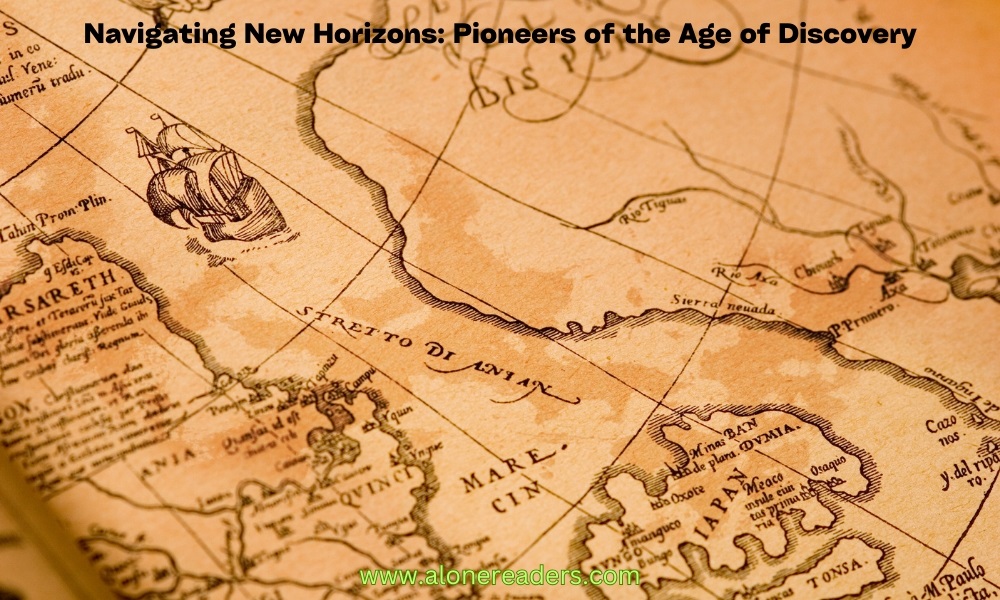
The Age of Discovery, spanning from the 15th to the 17th century, was an era of global exploration that reshaped the understanding of the world. This period marked the beginning of global interconnectedness, driven by the ambitions of European powers seeking new trade routes and territories. The explorers of this era, often facing unimaginable risks, navigated uncharted waters, leading to the discovery of new lands and the establishment of trade routes that had profound impacts on global economics, politics, and culture.
Christopher Columbus, an Italian explorer sponsored by Spain, embarked on his legendary voyage in 1492, aiming to find a western sea route to Asia. Instead, he stumbled upon the Americas, unknowingly bridging the gap between the Old and New Worlds. Columbus's discovery had far-reaching consequences, paving the way for further exploration and colonization of the Americas.
In 1497, Portuguese explorer Vasco da Gama set sail, rounding the southern tip of Africa and opening up the first sea route from Europe to Asia. His journey to India not only proved to be a significant milestone in navigation but also marked the beginning of Portuguese dominance in the Indian Ocean trade.
Ferdinand Magellan, a Portuguese explorer sailing for Spain, embarked on the first expedition to circumnavigate the globe in 1519. Though Magellan himself did not survive the entire journey, his fleet's accomplishment in completing the circumnavigation in 1522 forever changed human understanding of the world's size and complexity.
John Cabot, a Venetian navigator and explorer, led a series of voyages sponsored by England in the late 15th century. His discovery of parts of North America's eastern coastline laid the groundwork for future British claims in the region.
Amerigo Vespucci, an Italian explorer for whom the Americas are named, played a crucial role in realizing that the lands discovered by Columbus were not part of Asia but a separate continent. His voyages in the early 16th century contributed to the evolving European understanding of world geography.
Spanish conquistador Hernán Cortés led an expedition that resulted in the fall of the Aztec Empire in 1521. His conquest of Mexico marked a significant moment in the Spanish colonization of the Americas and the spread of European influence.
Following Cortés's footsteps, Francisco Pizarro led a Spanish expedition that conquered the Inca Empire in present-day Peru. His quest for gold and glory in the 1530s extended Spanish influence in South America.
Although Prince Henry of Portugal, known as Henry the Navigator, never sailed on voyages of discovery himself, his patronage and vision played a pivotal role in Portugal's exploration efforts. His establishment of a school for navigation at Sagres led to significant advancements in maritime technology and knowledge.
French explorer Jacques Cartier is credited with naming Canada and exploring its eastern coast in the 16th century. His voyages laid the foundation for French claims in North America.
Dutch explorer Abel Tasman is renowned for his voyages in the Southern Hemisphere in the 17th century, during which he became the first European to sight Tasmania and New Zealand, further expanding the world map.
Conclusion: The Lasting Impact of the Age of Discovery
The Age of Discovery was more than a series of remarkable voyages; it was a turning point in human history. These explorers, driven by curiosity, ambition, and the desire for wealth, fundamentally changed the course of human interaction and understanding. Their journeys not only redrawn the world map but also set the stage for the modern era of globalization. While the Age of Discovery brought about unprecedented connection and wealth, it also led to the exploitation and suffering of indigenous peoples. Its legacy is thus a complex tapestry of human achievement and tragedy, a reminder of the profound impact that exploration and discovery have had on shaping our world.